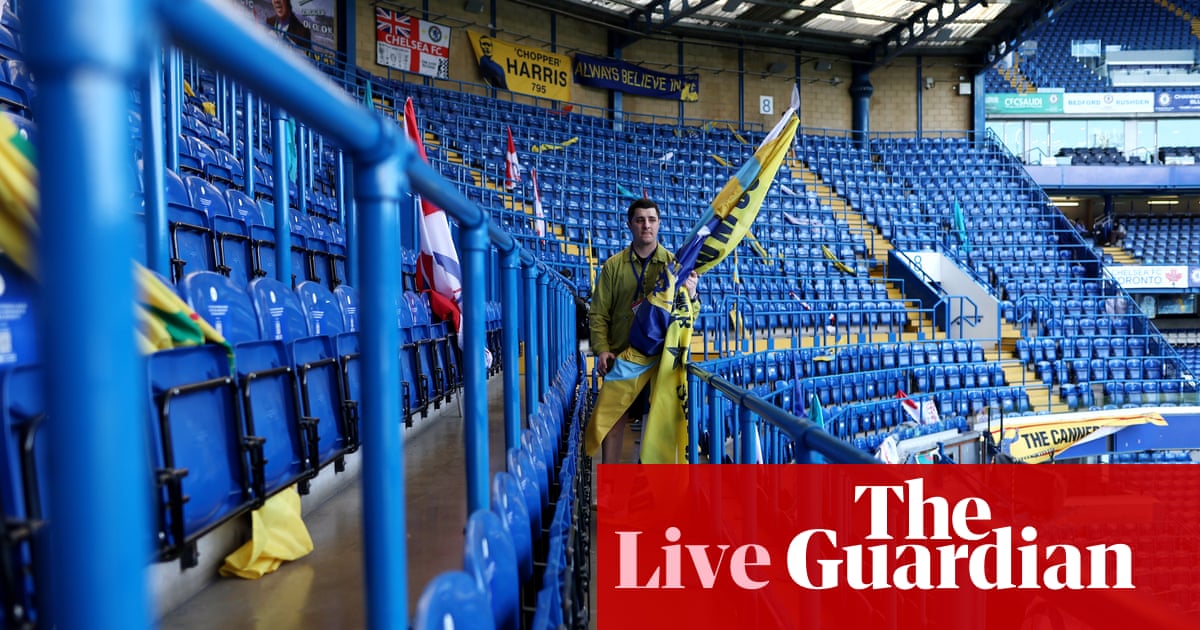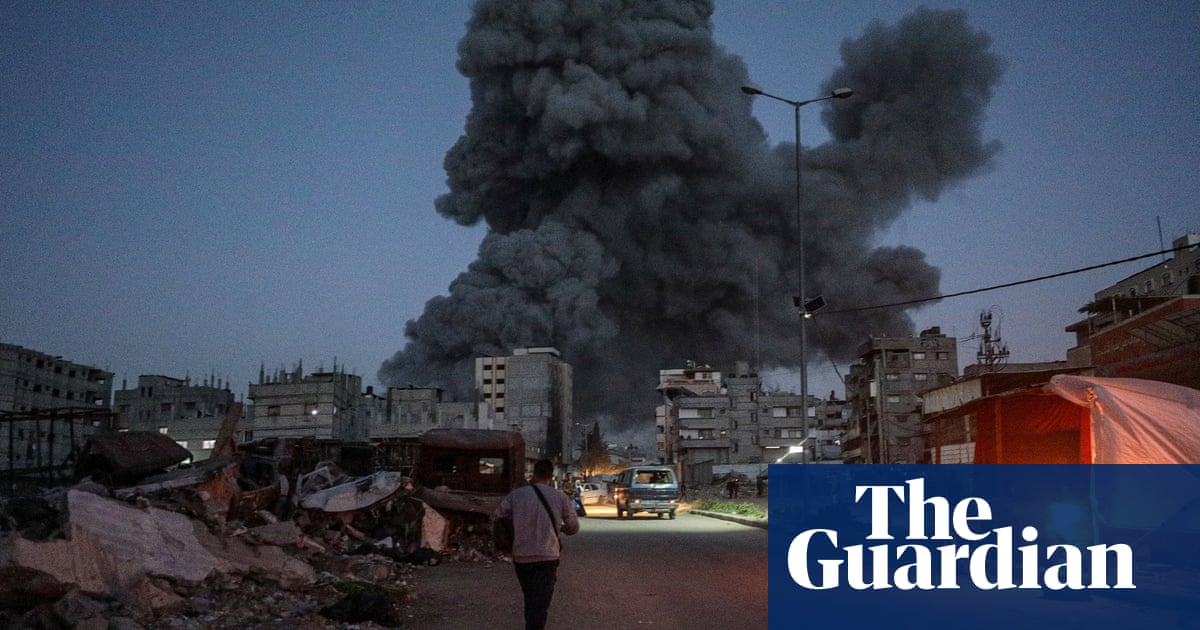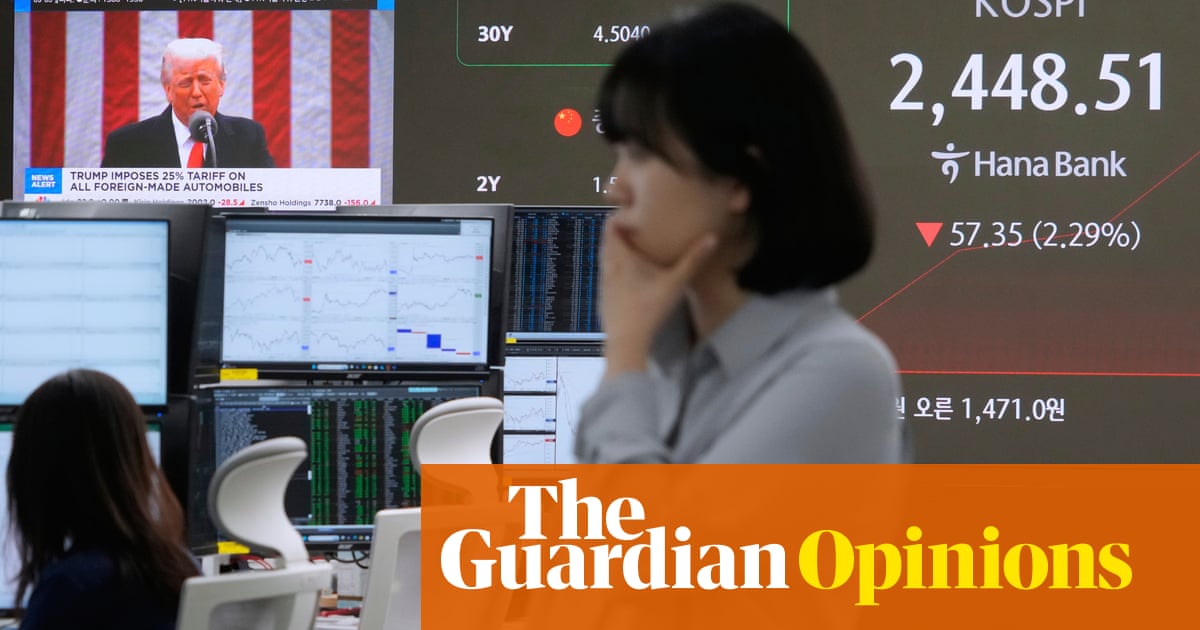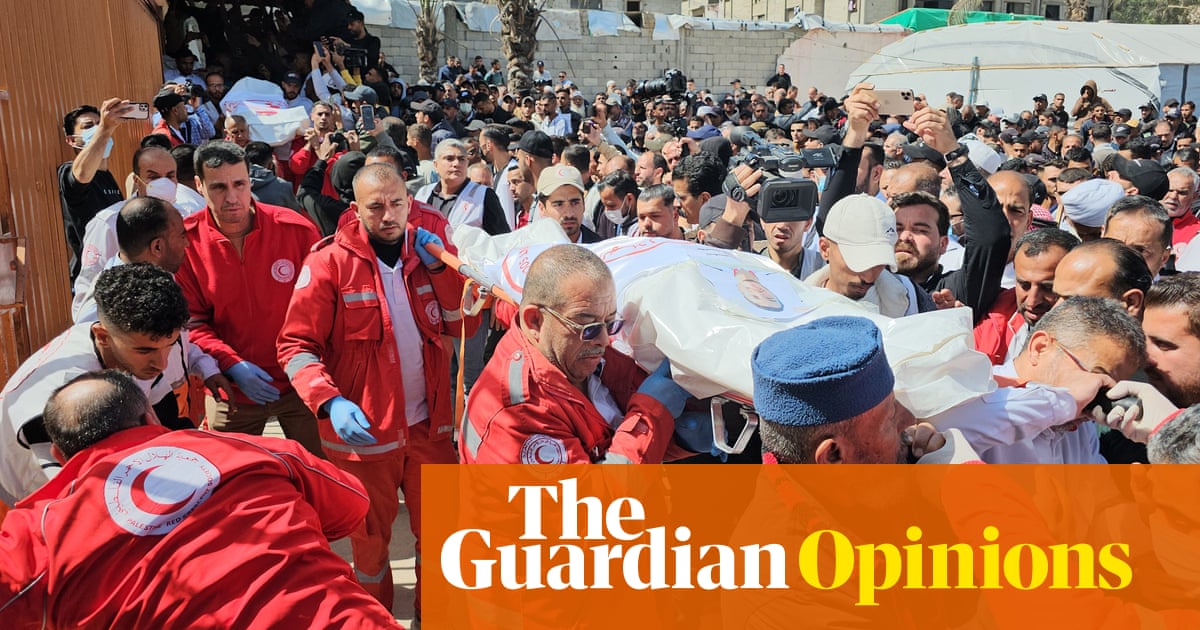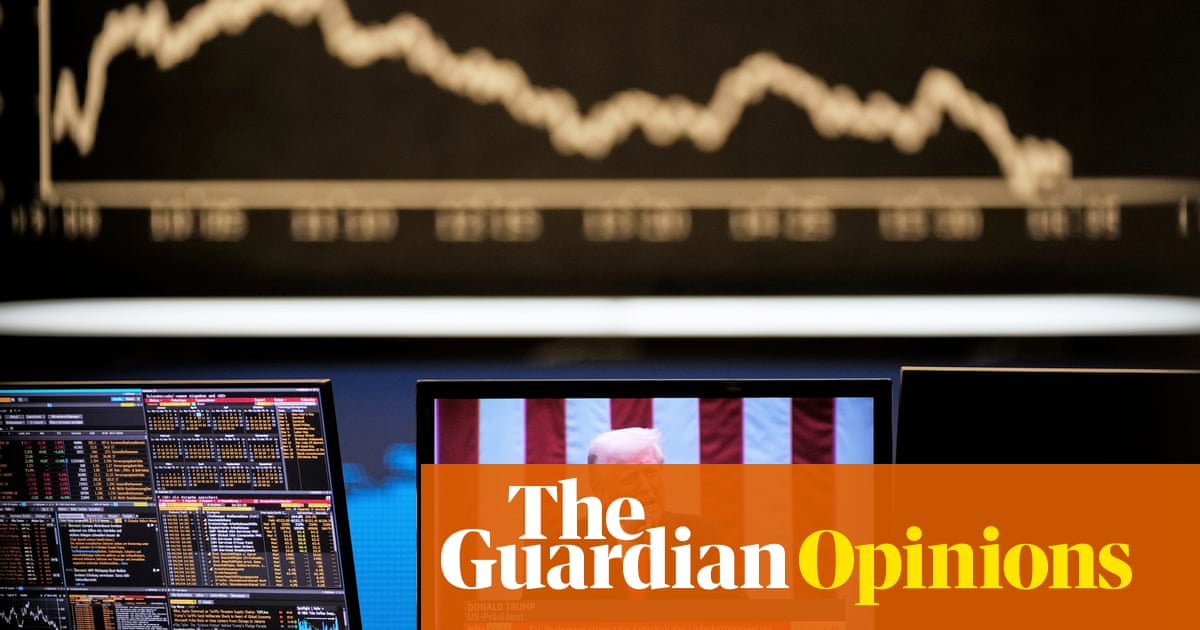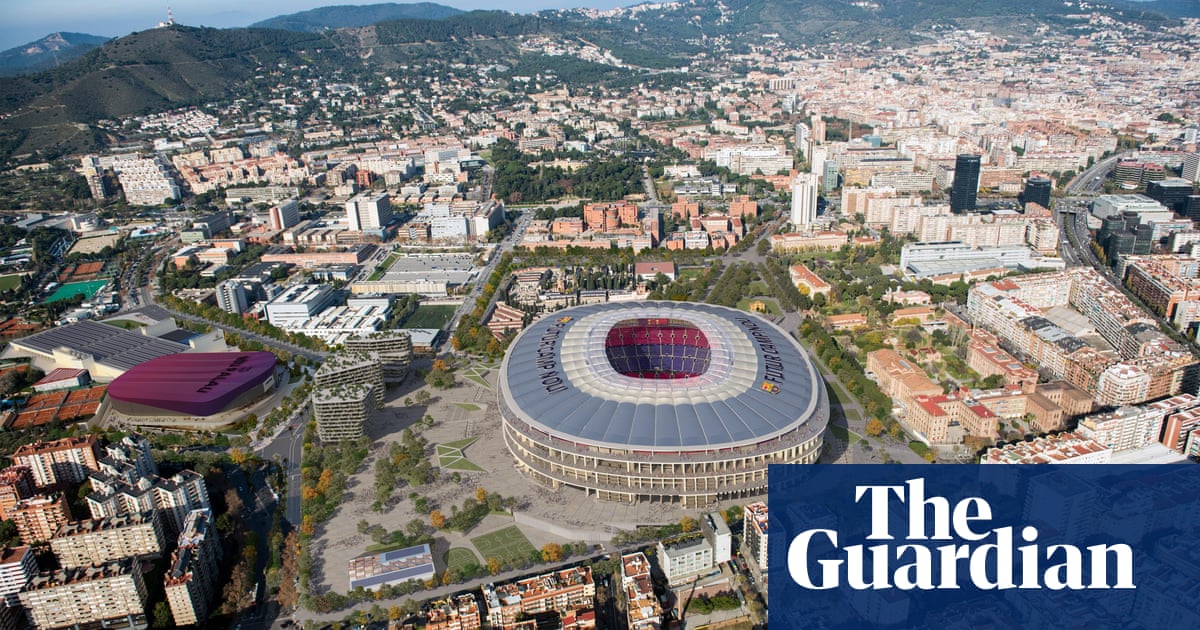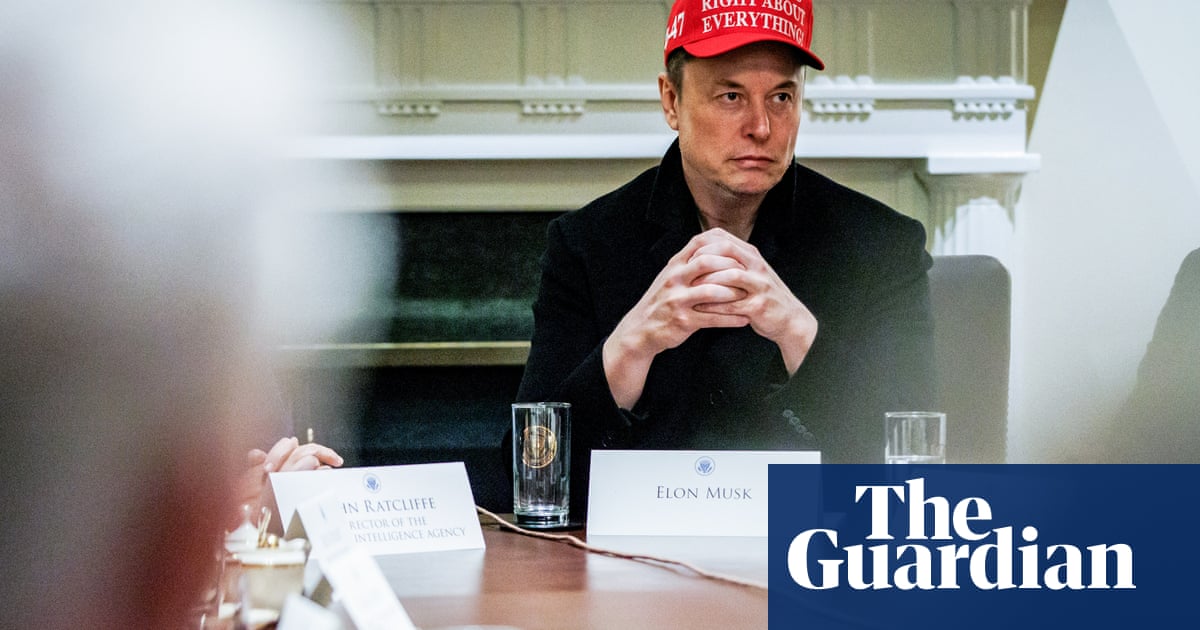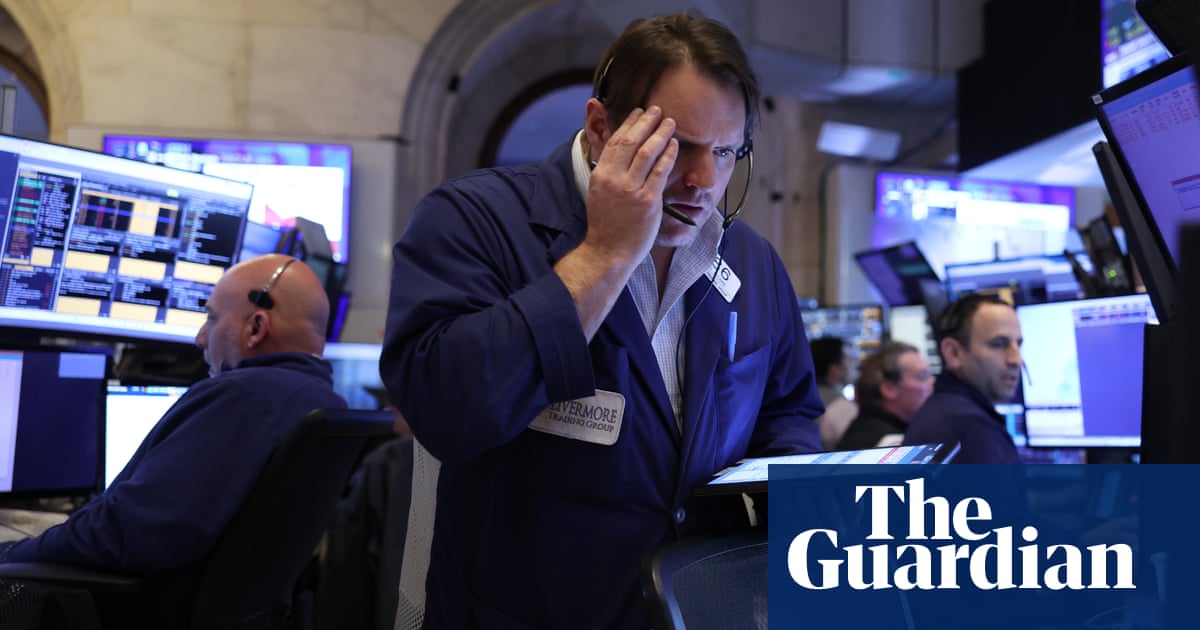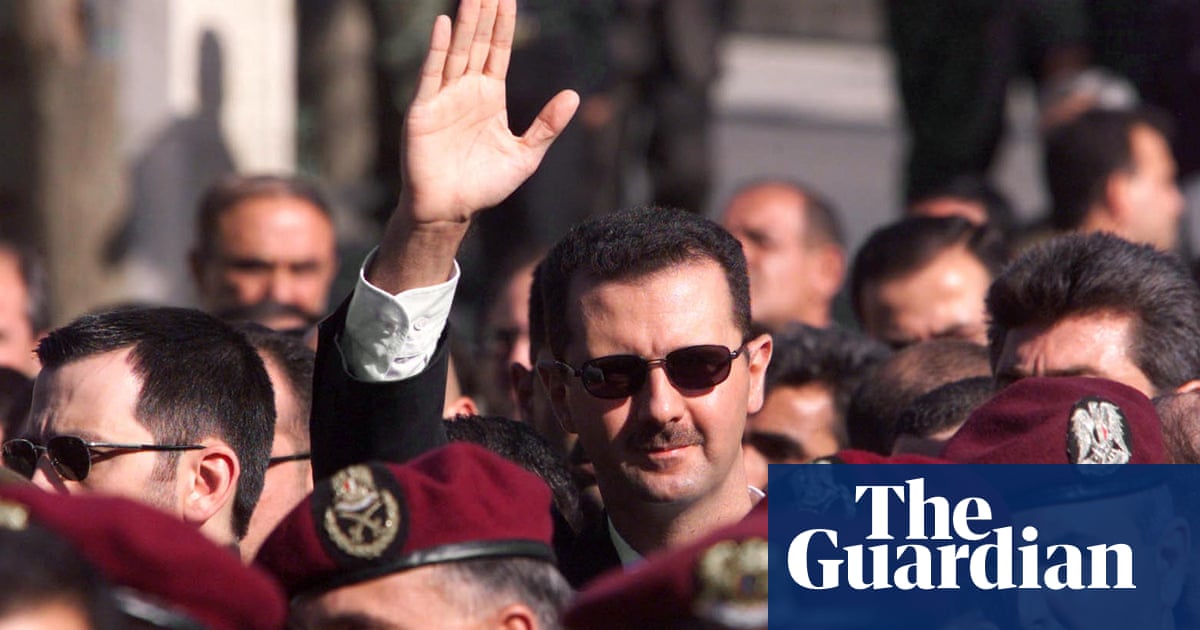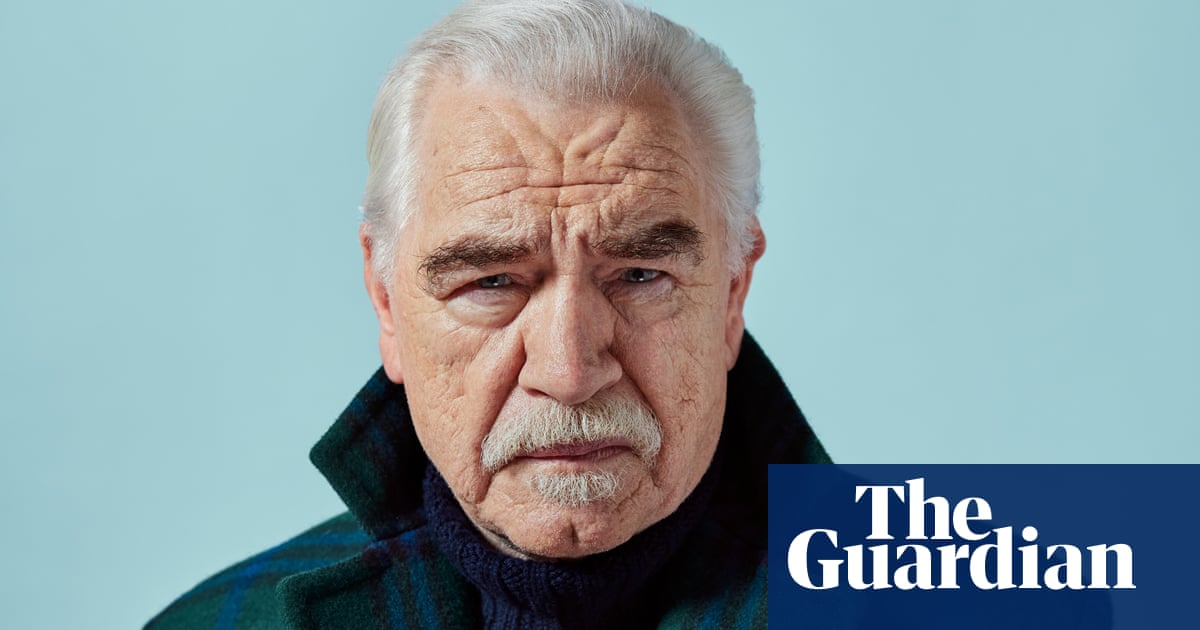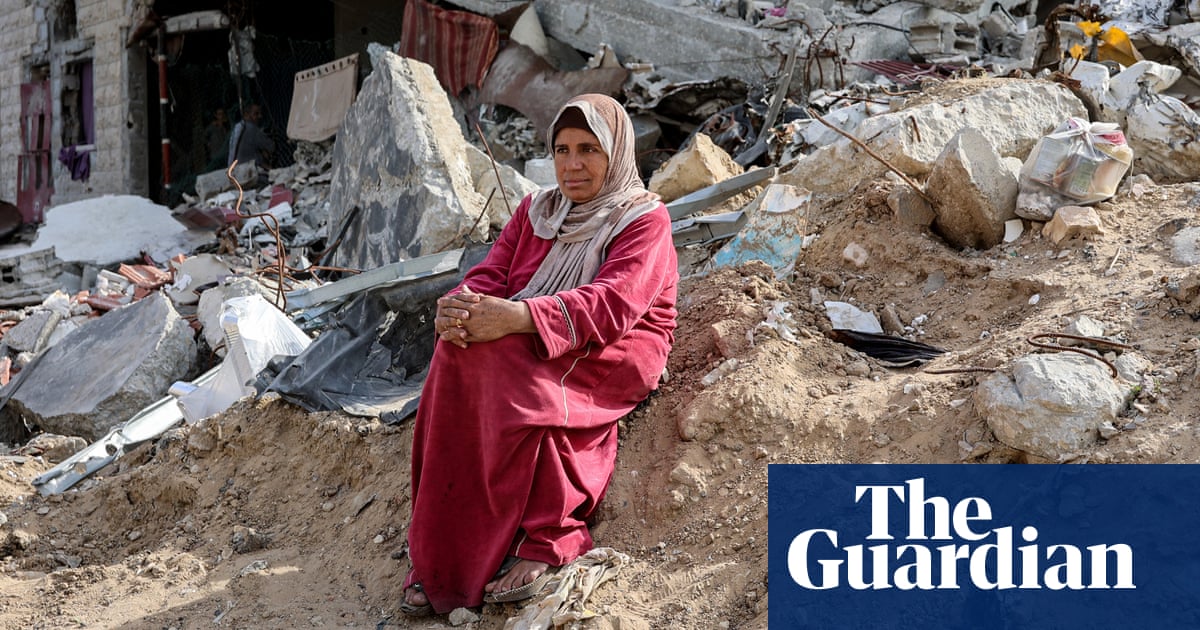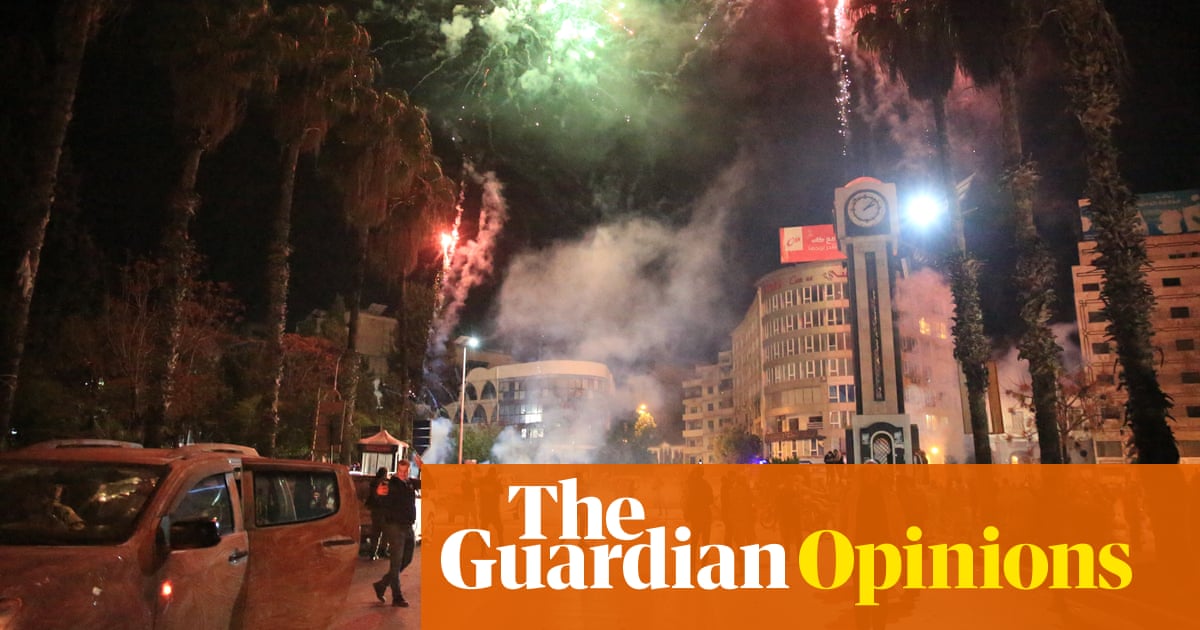Key events Show key events only Please turn on JavaScript to use this feature
Some more detail here on the “six milestones” Starmer is committing to today:
Sir Keir Starmer's six milestones:
* Higher living standards in every part of the UK by the 2029 - Starmer does not say by how much higher. Plans for a numerical target appear to have been dropped
* Building 1.5million new homes over the course of this Parliament. But govt…
Starmer says we “need to clear up the mess” but no decisions are straightforward. There is a trade-off that we must “face together”.
To applause, he says: “country first, party second”.
He makes no apologies for sticking to his plan and “drive his mission forward” and today the government will shift the focus in Westminster to long-term change.
Starmer says there is record dissatisfaction with the NHS. The public insititutions but that they are not beyond repair.
Says this is great nation and we are rediscovering that we can do new things and we can deliver the change that they voted.
The purpose of this government is to make our public services work. It’s cause that demands the full power of government.
Starmer is up. Opening gambit is a swipe at Kemi Badenoch: the leader of the opposition thinks if you do a couple of shifts in McDonald’s you can become working-class.
Keir Starmer: Kemi Badenoch thinks if you do a couple of shift in McDonalds, you can become working class. By that logic, if I keep coming back here [to Pinewood Studios], I could be the next James Bond.
— Aubrey Allegretti (@breeallegretti) December 5, 2024Rayner says change has already begun.
She says they have done more for working people in a few months than the Tory government in years. Labour is not afraid to be bold and Labour will deliver the most ambitious plan for the country, with working people at its heart, she says.
“We will deliver the most ambitious but achievable programme for a government in a generation to create a fairer Britain, where families have more money in their pockets.
“Fair pay for a fair day’s work, good jobs and opportunity to thrive.”
Rayner continues we are already re-building Britain and fixing the failures will be a challenge. “We will get Britain back on it’s feet!”.
Angele Rayner takes to the podium saying Labour will have an unrelenting focus on change and says cleaning up the mess Labour has inherited seems like a job for superheroes.

The attempted reboot – labelled Starmer’s “plan for change” – follows a rocky first five months in power for the government.
A major tax and spend budget was welcomed by campaigners for greater spending on public services but sapped business confidence and led to protests by farmers. Starmer has also faced a row over ministers enjoying freebies, and the resignations of both his chief of staff, Sue Gray and his transport secretary, Louise Haigh, who quit after it emerged she had been convicted of fraud over a missing work phone.
The Conservative party leader, Kemi Badenoch, has branded Thursday’s speech an “emergency reset”.
But Starmer will say claim that the new “milestones” are the next phase of the “missions” he said would shape a Labour government. But it is also a tacit admission that those missions are being dumped as they were either too woolly or not achievable.
And here are the six milestone pledges we can expect to hear about from the PM:
Starmer is delivering his speech at the seemingly unlikely venue of Pinewood film studios:
We’ve been briefed that Starmer will seek to relaunch his premiership with a promise to crack down on crime.
In a speech Labour hopes will set out the “next phase” of government, the prime minister will detail half a dozen “milestone” targets covering living standards, NHS backlogs, secure energy, housebuilding and children’s readiness for school.
Starmer will also commit to 13,000 extra neighbourhood police and a named “bobby on every beat”.
As part of a promise to crack down on crime and antisocial behaviour, he will say that every neighbourhood in England and Wales will have a named, contactable police officer.
Each police force will also have an antisocial behaviour lead tasked with coming up with ways to tackle concerns raised by local residents and businesses.
Read our preview here.
Starmer to deliver 'reset' speech
There were the five missions, and then the six first steps. And now we are poised for Keir Starmer’s next set of targets which his government hope to achieve by spring 2029.
Expected to be a critical moment we are set to hear a “plan for change” designed to persuade disillusioned voters that he can turn things around.
Will it be a set of achievable targets or a set of millstones hanging around the PM’s neck for the next four years?

 3 months ago
56
3 months ago
56

